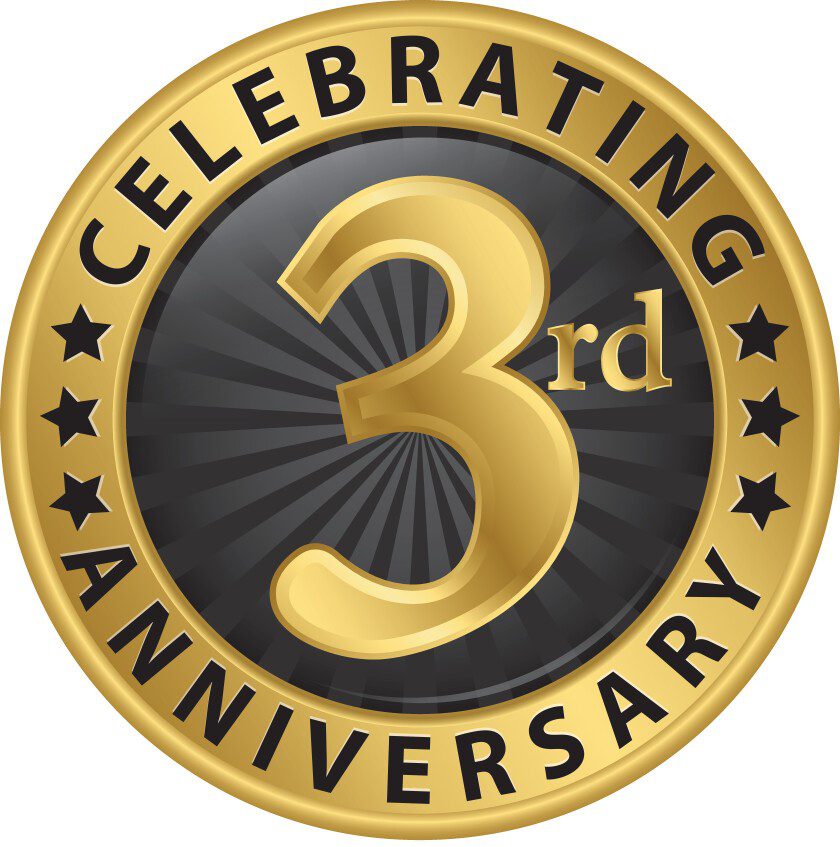The work of creating a more just, peaceful, and inclusive democracy will be needed far beyond Nov. 5.
By Bridget Moix
(RNS) — Voting in the 2024 elections will be completed tomorrow. Campaigns will end, poll workers will tally ballots, and results will be announced.
There will be some close races, even additional runoffs or recounts needed. Tensions may be high in some places, and disputes may unfold. But ensuring everyone’s vote is counted should be the priority, and we all need to practice patience before results are final.
Religious leaders, people of faith and everyday neighbors can play a vital role in helping keep calm through these high-stakes elections and in building a free, fair, and inclusive democracy far beyond them. I will be joining with others around the country to serve as a poll chaplain with Faiths United to Save Democracy, one of many efforts to keep the peace and protect everyone’s right to vote.
Poll chaplains are trained to provide a calming moral presence, equipped with nonpartisan voting information and ready to help de-escalate conflicts if they arise. As a Quaker, I think of my role as “holding everyone in the Light” and putting my faith into action by building a peaceful space and protecting the rights of all.
This is not the first election cycle poll chaplains have been present, but it will be the largest poll chaplain presence to date. More than 800 poll chaplains have been trained and will be present in 10 states where the risks are highest for voter intimidation or violence. This kind of community-led initiative has been seen in other countries where elections spark violent conflict and is now, sadly, needed at home.
Our country is deeply divided and will remain so after Election Day. Trust in government is at historic lows. Some candidates may not accept results, and there is a real possibility some will foment further division and violence. The time between Election Day and the presidential inauguration may hold the greatest risk.
The good news is that a large majority of Americans do not want violence or division. We are exhausted by the negativity in our politics and the conflicts in our communities. We want to discuss our differing political views with our neighbors with curiosity and civility. We want our differences to be a source of opportunity to discover better solutions than any one of us could have found alone. We want to uphold the promise of our democracy.
Here are four ways people of faith — and all who care about our country’s future — can uphold democracy this election season:
- Keep calm and vote. The right to vote is at the core of our democracy. It represents the founding promise of our country — everyone should have a voice. Protecting our democracy starts with exercising our individual right to vote and encouraging others to do so as well. Voting, volunteering at the polls, helping others exercise their rights and practicing patience and kindness throughout the process is a simple but powerful act for democracy.
- Speak up for truth. Misinformation, disinformation, and rumors continue to cloud the facts of this election, but we can all speak up for the truth when we hear lies or rumors spreading. Speaking up for truth starts with understanding how we can speak in a way that those who disagree can hear our perspective. It continues by engaging in respectful dialogue even when we have trouble finding common ground or feel our emotions rising. Finding trusted sources of information is important and be wary of social media.
- Love your neighbors (no exceptions). Whatever the results of the elections, we will still need to live side by side with our neighbors in a country of great diversity and ongoing division. Loving our neighbors does not mean accepting extremism, violence, or injustice. It does not mean avoiding the real problems that exist in our society or ignoring injustices. It does mean doing the difficult work of building relationships across differences. It means upholding nonviolent action and active peacebuilding as the best ways to manage conflicts, uproot injustice and prevent an authoritarian government.
- Advocate beyond the ballot box. Democracy thrives through civic engagement and advocacy. It thrives when all voices are heard. The work of creating a more just, peaceful, and inclusive democracy will be needed far beyond Nov. 5. We must build relationships with our legislators, lobby for the policies we need and educate our communities on issues we care about.
Public officials and candidates for office are facing frightening levels of violent threats, and they need our support to do the right thing. Join a local advocacy team (our organization supports over 135 teams in every state) to learn and lobby together with others.
On Election Day, I will serve as a poll chaplain because my faith teaches me that violence is never the answer, and every person is endowed with sacred dignity. After the elections, I will continue putting my faith into action by advocating passionately and persistently for the more just and peaceful world I know we can build together.
(Bridget Moix is general secretary of the Friends Committee on National Legislation and its associated Quaker hospitality center, Friends Place on Capitol Hill. The views expressed in this commentary do not necessarily reflect those of Religion News Service.)
First published Nov. 4, 2024


